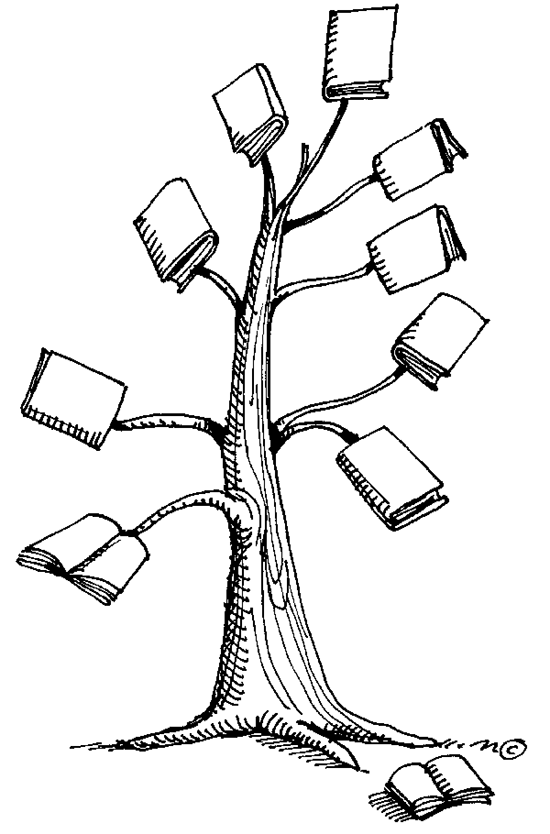Here are the additional materials that you can use after or while reading the book Don't Let The Pigeon Drive The Bus!
These are some of the ways in which you can use the cards:
1. Hand the cards to your child ask them to spot the word in the book.
2. Give them the Greek word and ask them to find the English one in the book.
3. Play memory
4. Play Bang
5. Ask them to sort the words into three categories: verb, nouns or adjectives.
6. Rainbow write the words.
7. Write silly sentences.
8. Make word ladders.
9. Make a Word Wall
These are some of the ways in which you can use the cards:
1. Hand the cards to your child ask them to spot the word in the book.
2. Give them the Greek word and ask them to find the English one in the book.
3. Play memory
4. Play Bang
5. Ask them to sort the words into three categories: verb, nouns or adjectives.
6. Rainbow write the words.
7. Write silly sentences.
8. Make word ladders.
9. Make a Word Wall





